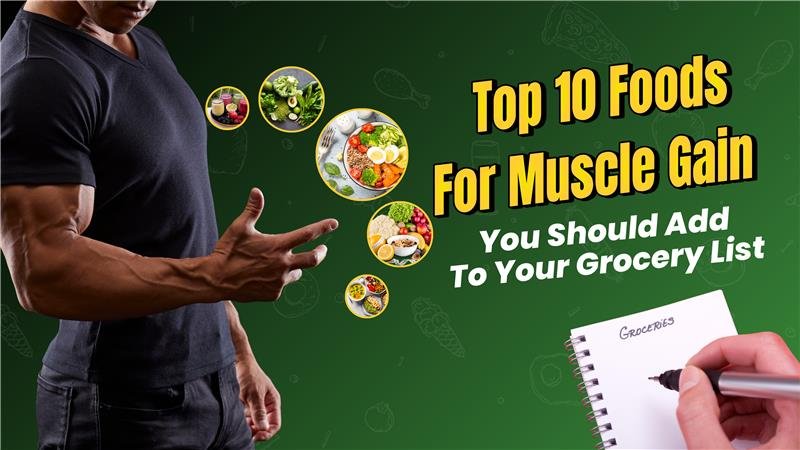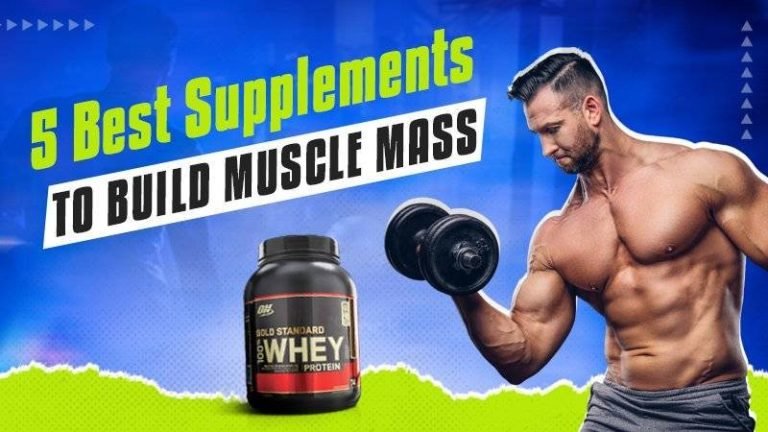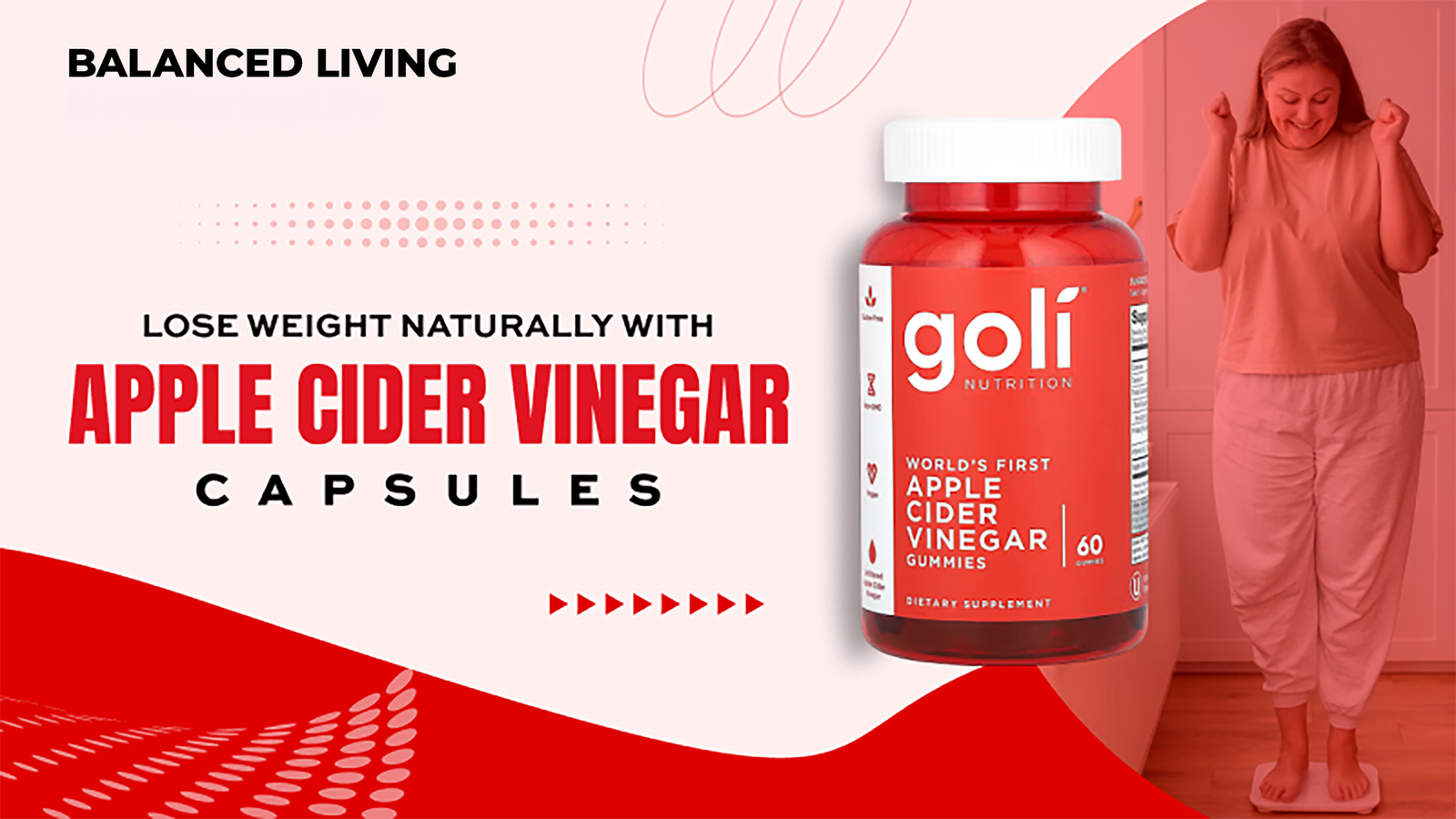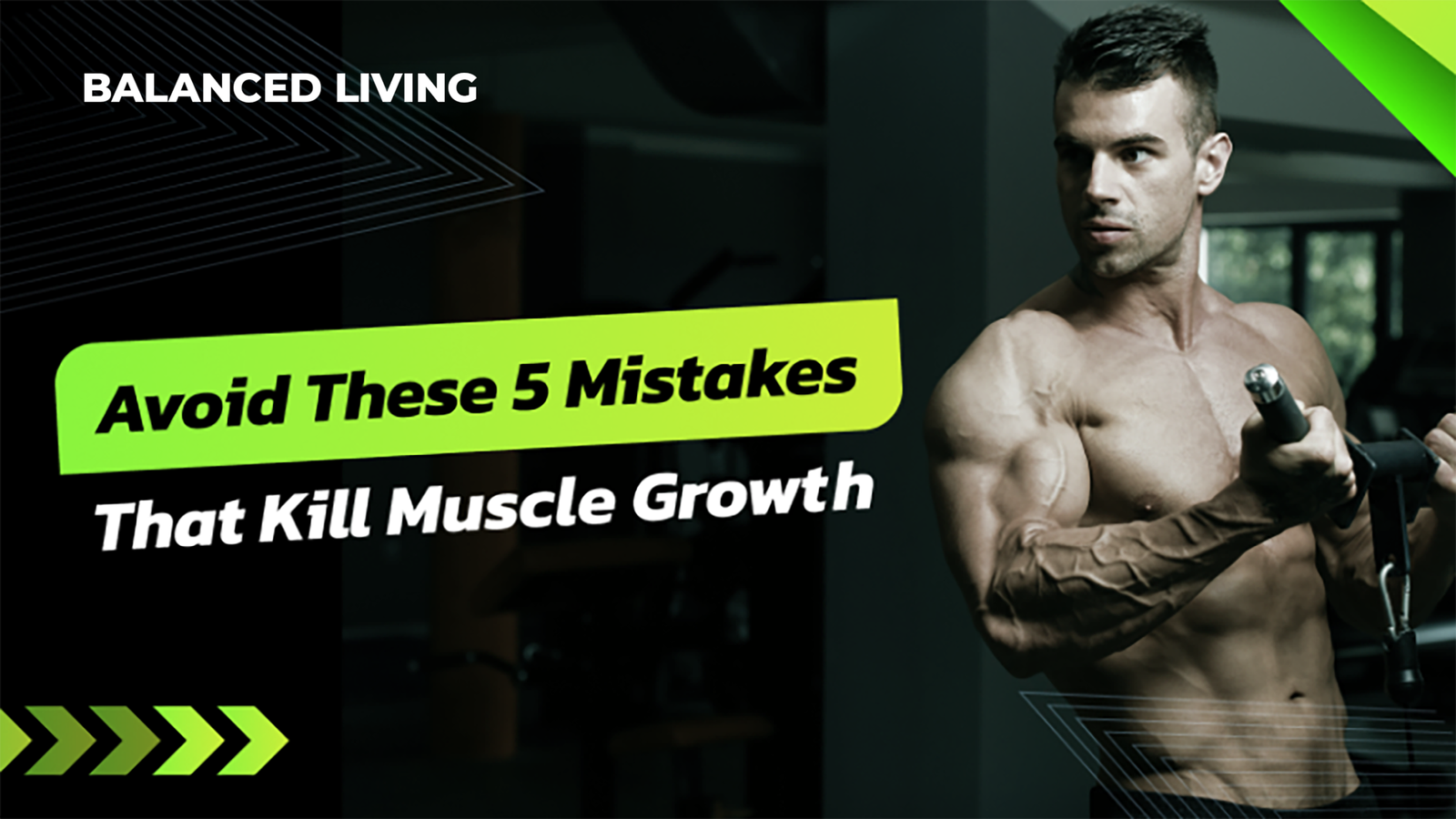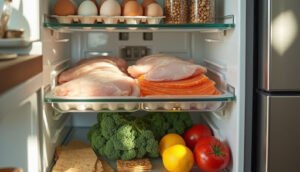
Building muscle feels tricky with so many choices on the shelf. Here’s the easy part, the best foods to build muscle are simple, affordable, and taste good. Think eggs, chicken breast, salmon, dairy, and a few strong plant picks.
High protein foods repair the small tears in muscle after workouts. Eggs, chicken breast, and salmon lead the way. This guide turns your next grocery run into real progress without junk or guesswork.
Scan the list, grab what fits your budget, and start stacking small wins. You may already love a few of these foods.

Eggs: A versatile and complete protein source
Eggs are a muscle-building classic for a reason. A large egg gives about 6.2 grams of protein per large egg, plus all the essential amino acids. Amino acids are the building blocks of protein that your body uses to repair tissue.
Two eggs at breakfast bring 12 to 14 grams of protein. Add oats, fruit, or Greek yogurt to reach your daily goal. Some research suggests that whole eggs after lifting can support strength gains better than egg whites alone.
Easy ways to use eggs for muscle gain:
- Scramble with spinach and toast.
- Hard-boil for quick snacks.
- Fold into a veggie omelet or a wrap.
They are affordable, fast to cook, and fit almost any diet for muscle growth.
Chicken Breast: Lean and packed with high-quality protein
Chicken breast is a go-to for clean, steady progress. You get 22.5 grams of high-quality protein in 3.5 ounces, with very little fat. That helps you build lean muscle while keeping calories under control.
A study from Thailand in 2022 found that men, ages 20 to 35, who paired chicken protein with resistance training gained more strength and muscle than those who ate less protein. Chicken has all the amino acids your body needs to repair muscle after lifting.
Simple ideas for meals:
- Grill with paprika, serve over brown rice and broccoli.
- Stir-fry with peppers, onions, and quinoa.
- Shred for tacos with salsa and avocado.
It is budget friendly and easy to prep for the week. Great for lean bulk or cutting phases.
Salmon: Rich in protein and omega-3 fatty acids
Salmon does double duty, protein for growth and omega-3 fats for recovery. Three ounces gives about 21.6 grams of protein along with omega-3 fatty acids. Omega-3s are healthy fats that reduce inflammation, which can ease soreness after tough sessions.
A 2020 study linked salmon with muscle building that rivals isolated protein powders. That means real food can work as well as supplements for growth.
Salmon tastes great and powers strength for days.
Try it baked with lemon, pan-seared for rice bowls, or flaked into salads. If you want salmon for lean muscle, start with two servings a week.
Greek Yogurt: High in protein and probiotics
Greek yogurt delivers fast and slow fuel in one cup. A 7-ounce serving has about 19.9 grams of protein, including whey for quick repair and casein for steady release. Probiotics are helpful bacteria that support gut health and nutrient absorption.
Paired with resistance training, Greek yogurt supports better strength and muscle thickness than carbs alone. It is creamy, filling, and usually lower in sugar than regular yogurt.
Smart uses for Greek yogurt protein:
- Blend into smoothies with berries and oats.
- Stir with honey, almonds, and cinnamon.
- Use as a swap for sour cream in wraps.
Tuna: A convenient source of lean protein
Keep canned or pouch tuna on hand for fast, lean protein. A 3-ounce serving packs 20.1 grams of protein in just a 3-ounce serving with minimal saturated fat. That is perfect for clean gains during busy weeks.
One 2021 trial found that adults who ate fish like tuna, 150 to 170 grams twice per week for ten weeks, gained more muscle and strength than those who skipped seafood. Tuna also provides selenium and vitamin B12, nutrients that support recovery and energy.
Ways to use it:
- Mix with mustard and relish, stuff into whole-grain bread.
- Toss with pasta, olive oil, and peas.
- Add to rice bowls with cucumber and edamame.
Quinoa: A plant-based complete protein
Quinoa is a rare plant food that is a complete protein. One cooked cup has 8.1 grams and includes all nine essential amino acids. It is also gluten free, which helps people with celiac disease or gluten sensitivity.
Quinoa brings complex carbohydrates, carbs that digest slowly for steady energy. You also get fiber, magnesium, and other vitamins and minerals that support training and health.
Use it as a base for bowls, toss into salads, or serve as a hearty side. It belongs on any grocery list for muscle gain, especially if you want more plant choices.
Cottage Cheese: Slow-digesting protein for sustained muscle repair
Cottage cheese shines as a night snack. A half cup has about 12.1 grams of protein, mostly casein. Casein digests slowly, which feeds your muscles with amino acids for hours.
One 2018 study showed that 30 grams of cottage cheese before bed supported muscle repair and a healthy metabolism during sleep. It also brings calcium for bone health, which matters when you lift often.
Try low-fat versions if you are cutting calories. Stir with pineapple or berries, or mix into oatmeal for a creamy, high protein breakfast.
Almonds: A healthy mix of protein, fats, and magnesium
Almonds are simple, packable, and great for energy. One ounce gives about 6 grams of protein. They also include monounsaturated fats and fiber, which help you feel satisfied and steady.
Magnesium supports muscle and nerve function during training. Vitamin E is an antioxidant that helps with recovery after lifting hard. A daily almond habit has been linked with faster bounce-back after exercise.
Add them to Greek yogurt bowls, blend into smoothies with soy milk, or keep a bag in your gym tote. They fit most sports nutrition plans without any fuss.
Beans and Lentils: Nutrient-dense plant-based protein options
Beans and lentils make muscle building possible on a budget, even without meat. Black beans bring 6.9 grams of protein per 3.5 ounces. Lentils deliver 17.9 grams per cup, which is impressive for plants.
Chickpeas add 11.8 grams per cup, and a lysine-enriched chickpea blend can support muscle growth like chicken breast. New research in 2022 reported that fava bean protein helps muscles recover after training.
You also get iron for oxygen transport, which helps you push through sets. Add fiber and complex carbs to that list, and you have steady fuel for workouts and a healthy gut.
Quick ideas:
- Chili with black beans, tomatoes, and ground turkey or tofu.
- Lentil curry over brown rice.
- Chickpea salad with cucumber, olive oil, and lemon.
Conclusion
Gains start with your cart. Eggs for muscle gain, chicken breast muscle building staples, and salmon for lean muscle should anchor your week. Round out your plan with Greek yogurt, tuna, and quinoa for muscle gain. Add cottage cheese for muscle growth at night, plus almonds and legumes and beans for muscle to keep nutrients flowing.
Build meals around three parts, protein, colorful vegetables, and smart carbs like oats, brown rice, or potatoes. Leucine, a key amino acid, acts like a switch for muscle building, so hit your protein target at each meal. Hydrate well. Limit chips, sugary drinks, and heavy alcohol, since they slow recovery and weight gain goals.
If you have a medical condition, food allergy, or an eating disorder, talk with a registered dietitian or your doctor. Supplements like whey protein or creatine can help some lifters, but food should lead the way. Start with these top 10 foods to build muscle, then adjust serving sizes to match your training and schedule. Small steps, strong outcomes.
Frequently Asked Questions (FAQ)
Eggs, chicken breast, salmon, cottage cheese, quinoa, cow’s milk, garbanzo beans, soybeans or edamame, red meats like beef or lamb chops if you eat meat substitutes aren’t your thing and protein shakes or smoothies all pack a punch for muscle gain.
Eggs offer high-quality protein and leucine; both support muscle hypertrophy. They’re quick to cook and easy on the wallet too.
Cottage cheese is loaded with casein protein which digests slowly so it feeds muscles over hours. It also contains glutamine which helps recovery after tough workouts.
Quinoa brings complete proteins plus carbs that refill glycogen stores while soybeans deliver soy protein along with fiber and healthy fats; both can help anyone looking to put on healthy weight without relying only on animal products.
Supplements like creatine monohydrate or whey powder can fill gaps in your diet but focus first on whole foods from your nutrition facts label before reaching for bodybuilding supplements unless a doctor suggests otherwise.
Protein-rich snacks such as peanut butter spread thick on toast chips made from buckwheat sunflower seeds handfuls of hazelnuts even firm tofu cubes tossed into salads keep energy up while supporting steady gains according to dietary guidelines for Americans aiming at well-balanced diets rather than losing weight too fast or risking eating disorder patterns.


